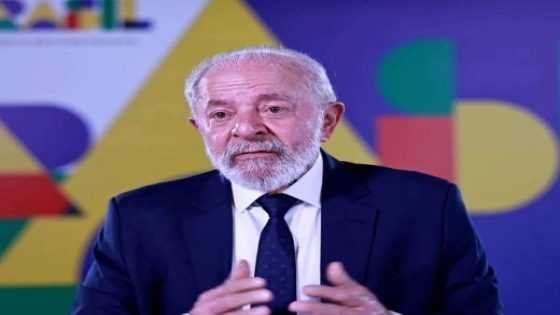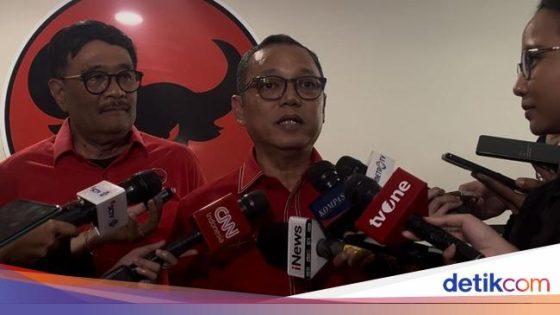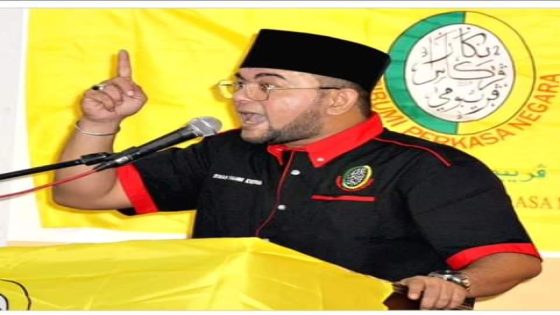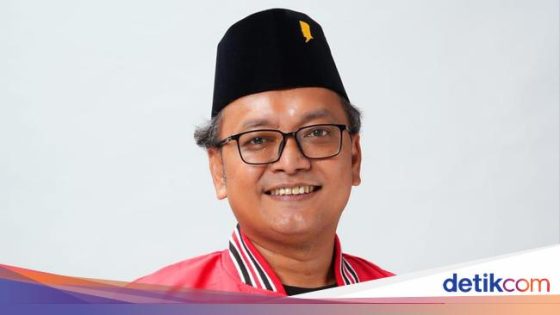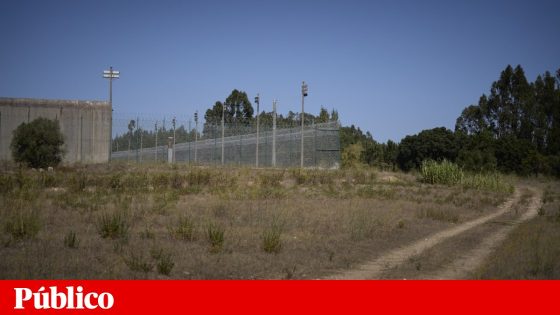The Sindicato das Escolas Particulares de Minas Gerais (Sinepe-MG) recently expressed strong disapproval of President Lula’s comments regarding private education. On February 12, 2025, Lula criticized mayors who praise local education while sending their children to private schools, sparking a debate about the role of private institutions in Brazil’s education system.
- Sinepe-MG criticizes President Lula's remarks
- Lula questions mayors' private school choices
- President emphasizes public school importance
- Sinepe highlights private schools' educational role
- Private schools serve underserved communities
- Sinepe cites strong performance in assessments
Why Are Private Schools Important in Brazil’s Education System?
What happens when public schools can’t meet the needs of all students? The recent comments by President Lula have ignited a discussion about the necessity of private education in Brazil. The Sinepe-MG argues that private schools play a crucial role in providing quality education, especially in underserved areas.
Key Points on the Role of Private Schools in Brazil
Private schools in Brazil are often seen as a solution to the limitations of public education. Here are some key reasons why they are essential:
- They provide access to education in remote and vulnerable communities.
- Private institutions often achieve higher scores in national assessments like the Enem and PISA.
- They contribute to educational diversity, offering various teaching methods and curricula.
- Many private schools invest in innovative pedagogical practices and infrastructure.
President Lula’s Controversial Remarks on Education
In his speech, President Lula highlighted a perceived hypocrisy among mayors who laud public education while opting for private schooling for their children. This statement raised eyebrows, as it seemingly undermined the contributions of private institutions. Critics argue that Lula’s comments fail to acknowledge the challenges faced by public schools, particularly in less affluent areas.
The Response from Sinepe-MG and Educational Stakeholders
The Sinepe-MG responded with a statement emphasizing the importance of private schools in the Brazilian education landscape. They pointed out that these institutions not only fill gaps left by public schools but also excel in performance metrics. The union’s president, Professor Winder Almeida, stressed that the role of private education should not be overlooked in discussions about national education policy.
The Broader Implications for Education in Brazil and Beyond
This debate is not just about Brazil; it resonates with discussions in the U.S. about educational equity and access. As parents and policymakers consider the best paths for students, the balance between public and private education remains a critical issue. How can we ensure that all children receive a quality education, regardless of their background?
In conclusion, the conversation sparked by President Lula’s remarks serves as a reminder of the complexities surrounding education systems. Both public and private schools have roles to play in shaping the future of education in Brazil and beyond.



